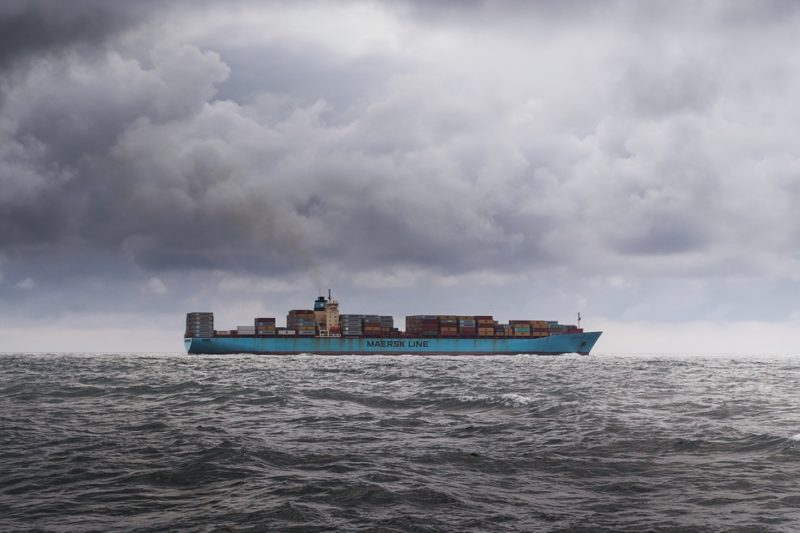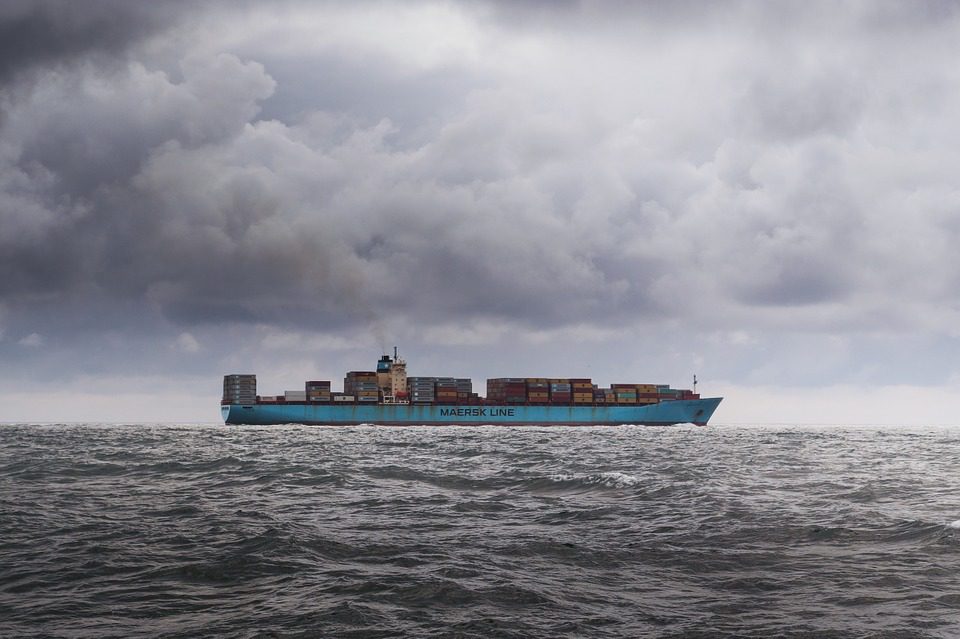
European shipowners are speaking up in support of responsible ship recycling in Alang, India and the decision by several large shipowners to begin testing upgraded recycling facilities in Alang that are complying with international standards over safety and pollution prevention.
The latest show of support comes from the European Community Shipowners’ Association, a trade group representing some 40% of the the world fleet, who says that responsible recycling in Alang is at crossroads of development and should be supported rather than dismissed by critics hanging onto general perceptions of the yards in Alang.
“Alang and other places in South Asia have for years been criticized for poor standards – and rightly so, but, a positive development has begun and this should be supported not undermined”, said ECSA President Niels Smedegaard, “Whilst there are yards where improvements are clearly necessary, others have already taken the lead in changing their recycling practices to reflect advanced modern standards.”
The ECSA’s statements come after its representatives recently returned from a study trip to Alang to witness first-hand the important investments made in a number of ship recycling yards to ensure compliance with the Hong Kong International Convention for the Safe and Environmentally Sound Recycling of Ships, aimed at ensuring that end-of-life ships do not pose any unnecessary risk to human health and safety or to the environment. The convention was adopted by the IMO in 2009, but is still awaiting entry into force.
The ECSA’s support also follows a recent decision by Maersk Line, the world’s largest container shipping company, to begin sending more ships to a select group of Alang yards where the company estimates that it can save $1-$2 million per vessel compared to the existing yards in China and Turkey.
According to estimates, some 70% of all vessels are still recycled in South Asia where the controversial practice of beaching is still the principle method for dismantling end-of-life vessels.
At European level, the ECSA says that the proposed EU Ship Recycling Regulation could prove to be a game-changer. The regulation seeks to reduce the negative impacts of ship recycling linked to EU-flagged ships and bring into force an early implementation of the requirements of the Hong Kong Convention by creating a “European List” of compliant yards where EU-flagged ships can only be sent for recycling.
“If applied with a constructive and inclusive approach, the EU list for recycling yards could be the ‘carrot’ that enables a fundamental change in the way recycling is carried out globally,” the ECSA said in a statement.
But ECSA Secretary General Patrick Verhoeven says signals form the European Commission are all but encouraging.
“The guidelines on which recycling yards have to base their application do not differentiate between hazardous and non-hazardous waste which de facto excludes all yards in India, even the most advanced ones. We believe that this is disproportional and will simply discourage yards from making further investments to raise standards,” said Verhoeven.
ECSA went on to say that it fully supports the decision of several large shipowners, like Maersk, to audit and assess for themselves the recycling practices in Alang.
“This is not a matter of lowering standards, but rather to the contrary a way of rewarding those recycling facilities that have now raised their standards to match those of leading shipowners”, added Verhoeven. “By committing tonnage to responsible facilities in Alang, these shipowners also commit staff and resources to monitor and share best practices, effectively shaping the future of the region.”
Of course the ECSA’s view and Maersk’s decision on Alang does not come without critics. Several NGO’s have been outspoken against Maersk’s new policy on shipbreaking, accusing the company using foreign flags of convenience to skirt European environmental laws.
So far, at least five ship recycling facilities in Alang have been awarded Statements of Compliance verifying that the facilities are in line with the Hong Kong Convention, and more are expected to follow suit.
The ECSA concluded:
“For ECSA, the EU now stands at a very important crossroad as regards responsible ship recycling. It can either be an enabler of development and reward pioneering Indian yards by giving them a fair chance to be on the EU list or it can confirm the view of many EU-skeptics and completely ignore important global developments. The overall aim of the EU Regulation must be to improve the environmental and social conditions in the ship recycling industry. This cannot be done if the EU prohibits EU flagged vessels from supporting the positive development in leading yards.”

 Join The Club
Join The Club












